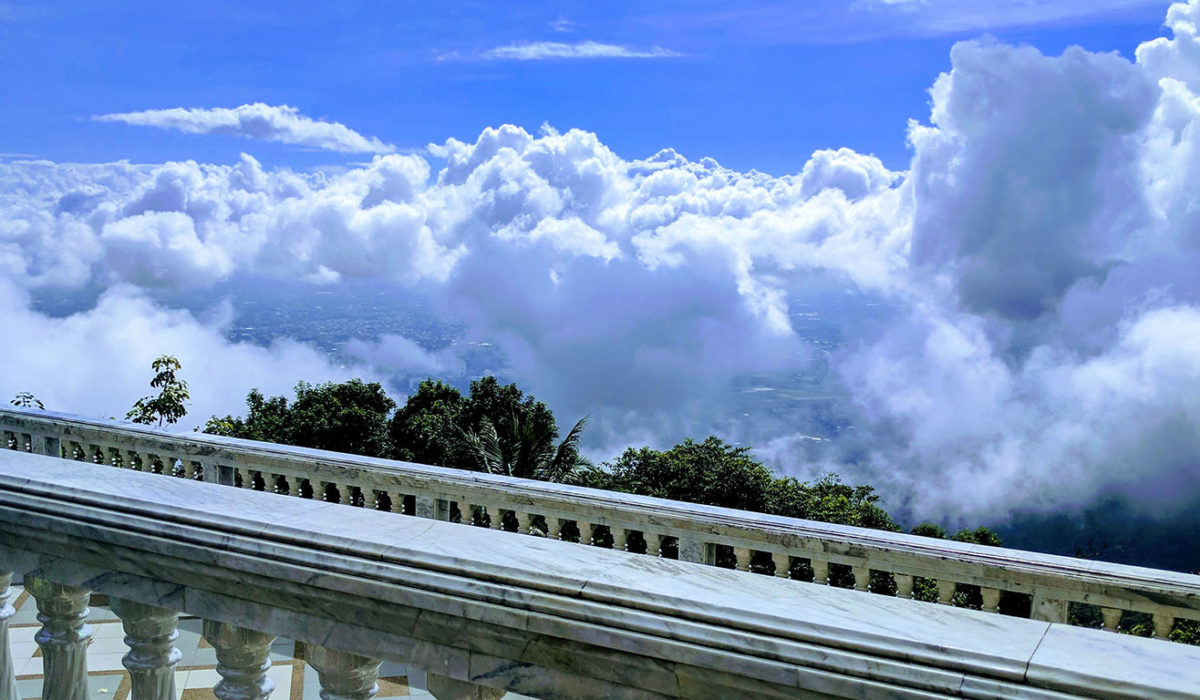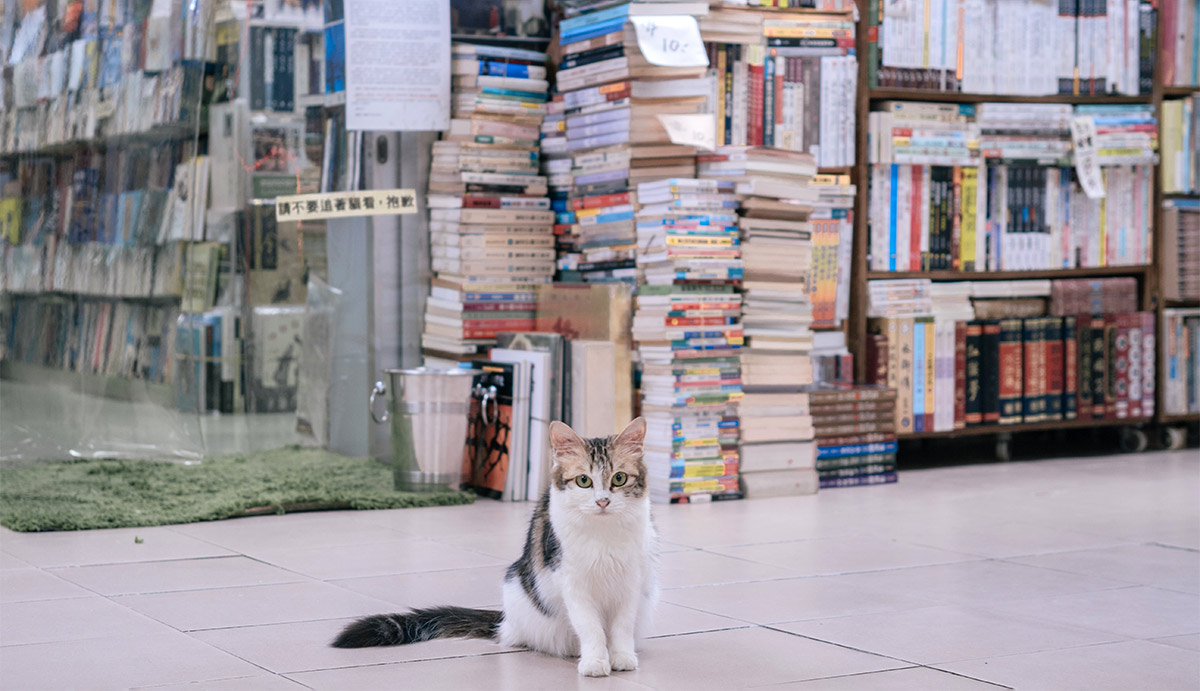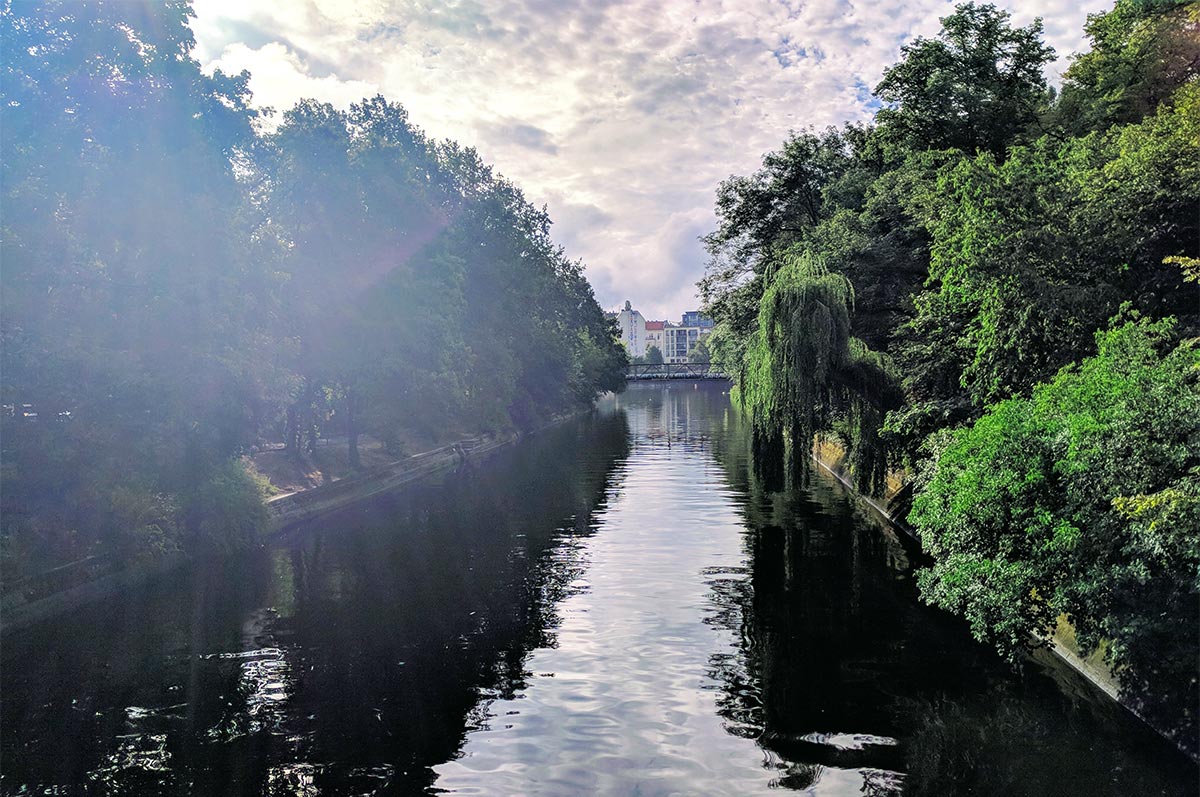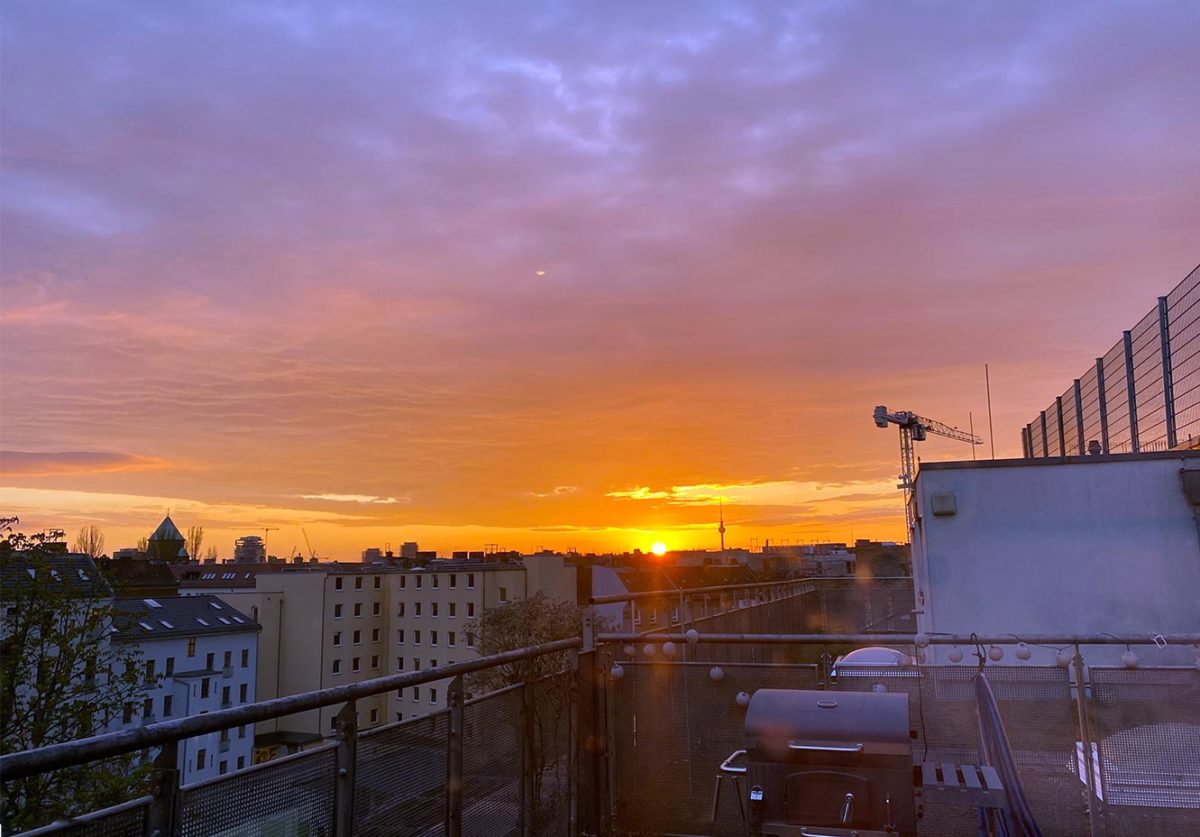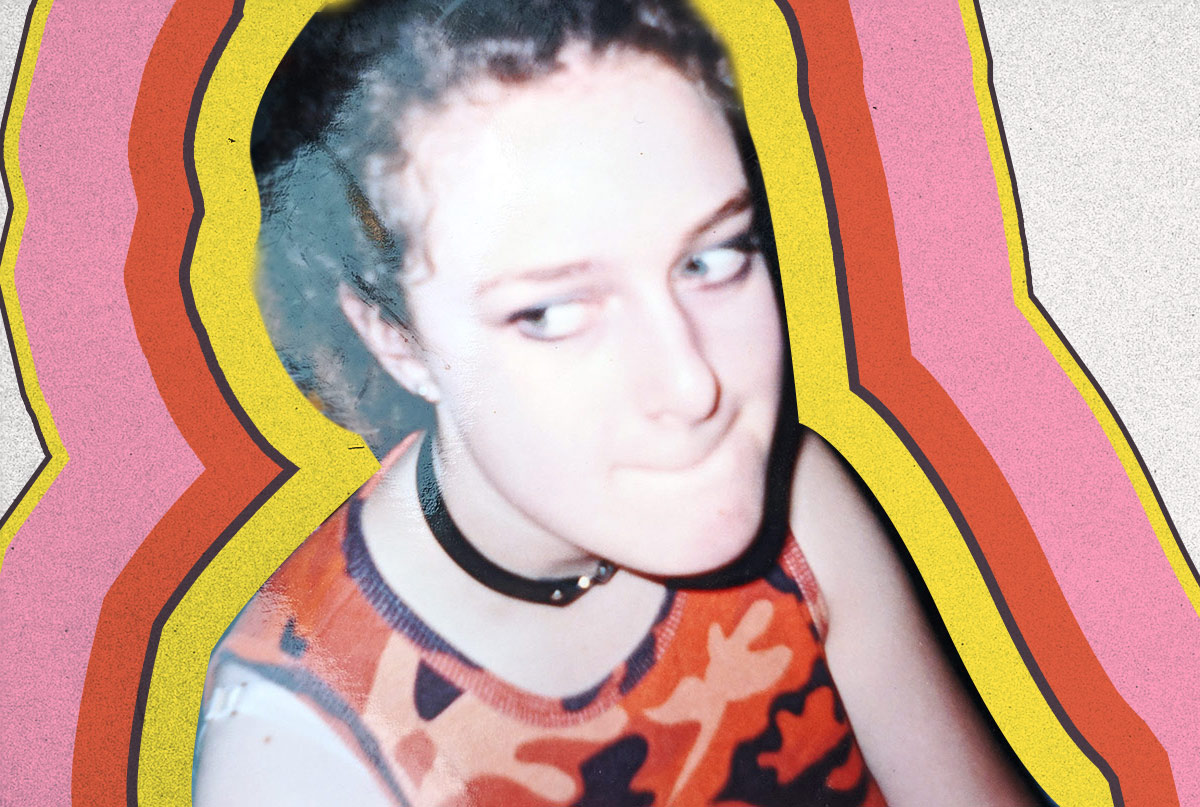I used to do annual books read lists (see 2019, 2018, 2017, 2016) but honestly that’s a lot of work and I figure it’s more useful to just give my top picks because no one wants to read meh books anyway.
This year I got really into biographies and memoirs. Biographies are like fiction but the stories are essentially written by life itself, and my hypothesis is if you read enough of them some larger understanding of life will emerge.
There’s emojis in this list, here’s what they mean:
🌟 Top recommendation
💡 Particularly insightful
🎈 Fun!
👂 Audio version recommended
Nonfiction
💡🌟 Four Thousand Weeks – Oliver Burkeman
This was a ‘quake book’ for me in that it fundamentally changed the way I saw the world. By showing me how little time I had and how I certainly won’t accomplish everything I’d like or hope to, Burkeman freed me from a tortuous delusion. I now feel more satisfied with ‘wasting’ my time, as surely that is all we can do. I loved this book so much that I was a bit evangelical about it: I tweeted constantly about it, forced friends to suffer through voice messages where I read them highlights, and almost sent it to one friend’s birthday before realizing that sending someone a book about how little time they have left perhaps isn’t the best birthday gift (I sent her a puppet instead). If you’re still not sold on this book, you can listen to a chapter of it in this episode of Tim Ferriss’s podcast.
💡👂 Living From a Place of Surrender – Michael Singer
Ok so technically this is a lecture series, but it’s on Audible and was amazing so I’ll include it. In the lectures, Singer makes a logical argument that the world is a highly complex series of events over billions of years, so why are you upset when things aren’t the exact way you desire them to be? I got so much out of the lectures, I’ll need to re-listen to them soon. If you’d prefer an actual book, Singer’s The Untethered Soul is one of my favorites and is probably the book I’ve reread most.
🎈💡 This is Your Mind on Plants – Michael Pollan
I loved Pollan’s previous How to Change Your Mind so much that I found myself grieving when I finished it. So I was overjoyed when Pollan mercifully created this semi-sequel. This is Your Mind on Plants is composed of three long essays on poppies, coffee and tea, and mescaline cacti. Like anything Pollan writes, it’s worth reading just to savor Michael Pollan’s exquisite prose. If you haven’t read How to Change Your Mind, read that first.
🎈👂 Just Kids – Patti Smith
This engaging memoir won the American “National Book Award.” I hesitated reading it because I wasn’t familiar with Patti Smith, but I’m so glad I gave it a try. I loved living through some New York City history and the lives of famous artists. But more than anything, this is a memoir about a friendship, an account of two people falling into orbit with each other. I can’t recommend it enough, particularly the audiobook which is beautifully read by Smith.
💡Almost Everything: Notes on Hope – Anne Lamott
I discovered my love for Anne Lamott through a Tim Ferriss podcast. She’s the opposite of the hyper-confident alpha males Ferriss normally interviews, and I love her so much for it. She shares the wisdom of someone weathered by seasons of dark nights of the soul. She shares many of my own faults and fears, and for that she makes me feel less alone. This book is a collection of stories and wisdom. To help you get a sense for the type of wisdom in the book, I’ll share my favorite quote:
An old woman in twelve-step recovery once told me that while there is an elaborate prayer in one of the steps, of turning one’s life and all results over to the care of God, as each person understands God, she and some of the old-timers secretly pray upon waking, “Whatever,” and pray before falling asleep, “Oh, well.”
Luckily Lamott is quite prolific; I look forward to discovering the rest of her catalogue.
🎈 The Year of Magical Thinking – Joan Didion
In this work of heart-wrenching beauty, the author recounts her tale of a year spent denying her husband’s sudden passing. The story speaks to our tendency to cling onto a sense of control at any cost, and the preciousness of the everyday. I recommend giving it a read on a rainy weekend and reveling in life’s fragile bitter-sweetness.
💡 The Psychology of Money – Morgan Housel
A nice read for anyone interested in investing. My main takeaway was that we expect ourselves to make rational decisions about investing, but we don’t. For example, we panic and sell during market downturns. We need to set ourselves up for success, like having enough cash to be able to sit through market downturns, or whatever else that looks like for us.
🎈 Open – Andre Agassi
I absolutely adored this book. I had no idea that Agassi actually hated tennis, and was simply forced into it by his overbearing father. It is a wonderful gift to be able to glimpse the struggling inner journey of someone who from the outside appears like an untouchable success. It’s an epic drama, and one that takes place more inside Agassi’s mind than on tennis courts.
🎈👂 Greenlights – Matthew McConaughey
A super fun read with more depth than expected. I devoured it in a weekend. Because it’s such a joy to read, I recommend this book to people who aren’t “readers.” The audiobook is worth checking out if only for McConaughey’s Australian accent impersonation.
💡 Breath: The New Science of a Lost Art – James Nestor
An entire book about breathing? That’s interesting and helpful? Yes and yes. My main takeaway: breathe through your nose, not your mouth. There’s a whole bunch of health reasons to breathe through your nose, but this is difficult for many of us because we have underdeveloped nasal cavities and so our noses remain perpetually stuffed. Curiously, this is in part due to a new diet of soft foods—it takes lots of chewing to produce the nasal passages our ancestors enjoyed. Regular use of a salt water nasal spray helps me, but Nestor shares many other tips.
🎈💡The Antidote by Oliver Burkeman
Fun read by a journalist exploring stoicism. I loved the beginning’s brutal takedown of the positive thinking movement. There’s many recent books on stoicism that are also excellent and worth reading, but I enjoyed Burkeman’s take as he comes from a more journalistic perspective instead of someone hell-bent on being a modern day Seneca. Notably this is the same journalist who wrote “Four Thousand Weeks,” which is my top nonfiction pick on this list.
Fiction
🎈🌟 The Name of the Wind – Patrick Rothfuss
This book changed my life in that I discovered how amazing fiction can be. For the many weeks it took to read this giant book and its sequel, I lived more in Rothfuss’s authored world than in my own. It’s a bit like Harry Potter for grownups. Posting about the book on Twitter, I quickly learned it has a large fanbase. If you’re into audiobooks, I recommend the version narrated by Rupert Degas.
💡 The Collapse of Western Civilisation: A View from the Future – Erik M. Conway and Naomi Oreskes
This short book imagines how historians will tell the story of climate change, and how political will faltered to prevent and stop it. Normally I can’t stomach books on climate change—it’s just too unbearably tragic—but the fictionalized retrospective makes the topic more tolerable. I learned a lot about the huge missed opportunities for us to stop climate change. Just a few changes in legislation here and there could have done so much (and still could do so much…).
🎈👂 Project Hail Mary – Andy Weir
A delightful, frictionless audiobook listen. My favorite part was gaining a better understanding of how the engineer types in my life view the world. The audiobook narration is exceptional. I fell in love with the secondary character (can’t say much more without spoiling it. 😉 ).
Photo credit: Vita Lian

